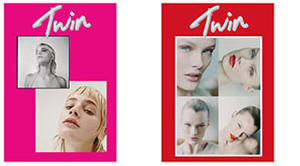Look at your calendar. Today is March 8th. For over 100 years, today is when women across the world come together to celebrate and shout about women and issues affecting women.
Author and journalist Kira Cochrane was the Guardian’s women’s editor from 2006 to 2010. She also edited an anthology of Guardian feminist writing, Women of the Revolution, which is out on paperback today.
Twin caught up with Kira to talk about how things have changed for women…
What did you discover about feminism and the way it’s changed from editing Women of the Revolution?
Looking at the history of feminism over the last forty years, what’s interesting is how many of the issues essentially remain the same, even if they’ve shifted and hopefully improved in the meantime. In the Seventies there was huge concern about sexual violence, abortion rights, equal pay, political representation, and there still is today. Also, the attitudes we have to challenge – in ourselves as much as anyone – stay similar, and there’s something powerful in realising that. One of the pieces I love in the anthology is by Jill Tweedie, from 1971, when she writes that women have to fight “the continual and largely unconscious compulsion to be nice”. I think that message is as relevant as ever!
Can you remember your first meaningful contact with feminism? When and what was it?
It was really the example of my mother. I grew up in a pretty non-political household in Essex – I don’t think my mother’s ever referred to herself as a feminist, and we didn’t have political conversations or anything like that – but it was a really political situation. My father died of a heart attack when I was two, my brother was run over and killed when he was eight and I was six, my younger brother was born with serious learning disabilities, which mean he’ll always have to be looked after, and my mother had a major rift with her family, and stopped talking to them almost thirty years ago.
She’d left school at sixteen, and I’ve watched her, throughout my life, work exceptionally hard to look after me and my brother, as a single mother, often working minimum wage jobs (in the days before there was a minimum wage – so we’re talking REALLY minimal!). That provided a pretty awe-inspiring example of female strength. It impressed on me just how powerful women can be, and also how important it is for us to have financial and emotional independence, and a society that values women’s work, while supporting people of both sexes, all backgrounds, when they’re hit by circumstances beyond their control.
What are the main issues affecting women’s rights today that particularly provoke you?
What still really shocks me is the high incidence of rape and sexual assault – and the low incidence of convictions on those charges. I’m as enraged as ever by that.
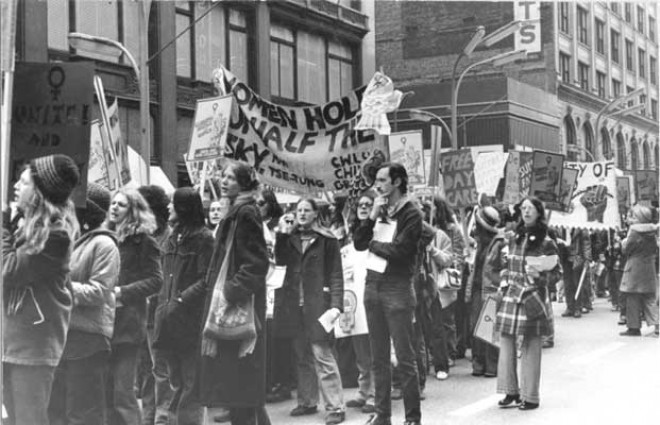
Have you perceived a change in the way women will identify as feminist in recent years?
Over the past five or ten years it seems the number of young women identifying as feminist has soared – there have been so many great feminist voices appearing online, and I think they’ve underlined how relevant, how current, all these issues still are. I think there was a moment, back in the Ninenties, when there was huge talk of us living in a ‘post-feminist’ age, and women were embarrassed to call themselves feminists, worried they’d be seen as hairy of armpit and dour of personality, but we seem to be beyond that backlash now. I think now too, when we ARE hairy, we’re hairy and proud!
Why is International Women’s Day important?
Obviously, in an ideal world, there would be no need to have a single day set aside for women, but given the issues still facing us, it’s a great opportunity for conversation, activism, performances, campaigning. I became women’s editor of the Guardian in 2006, and there seemed a lot of activity back then, but nothing compared with the explosion of events taking place this year.
What will you be doing on International Women’s Day?
I’ll be interviewing people for a feminist piece I’m writing, and then attending whatever events I can around that. On Friday and Sunday, I’m appearing on panels at the Women of the World festival on London’s Southbank, and I’ll be trying to see as much as I can there too, because it’s a great programme they’ve put together.
What artists/writers/musicians do you admire for promoting female creativity and issues?
So many! Not all of them would define themselves as feminist, but on the art side, Cindy Sherman, Yayoi Kusama, Yoko Ono, Susan Hiller, the Guerrilla Girls, Alice Neel, Louise Bourgeois, Gillian Wearing. I went to New York last year, and made a small pilgrimage to see Judy Chicago’s great feminist work, The Dinner Party, on long-term display at the Brooklyn Museum. That’s some proper Seventies feminist goodness!
In terms of writers, Toni Morrison, Alice Walker, Carol Ann Duffy, Jo Shapcott, Maya Angelou, Zadie Smith, Muriel Spark, and Paula Fox. I remember being profoundly moved by Andrea Dworkin’s memoir Heartbreak, and I had never really understood the true meaning of the phrase ‘mind-bending’ until I read Shirley Jackson’s The Haunting of Hill House last year. That last book is extraordinary, as is Jackson’s short story The Lottery, and her final novel, We Have Always Lived in the Castle.
When it comes to musicians, I’d say Nina Simone, Dinah Washington, Billie Holliday, Aretha Franklin, Bjork, Sinead O’Connor, The Breeders and Tina Turner. I love the way Beth Ditto has spoken about her feminism, and I still love the anger and energy of Liz Phair’s 1993 album Exile in Guyville all these years later.
And then there are the women filmmakers – too many good ones to mention them all, but Nicole Holofcener for making truly grown-up films, Kim Longinotto for making intensely powerful documentaries, and Claire Denis for making really startling, beautiful work.
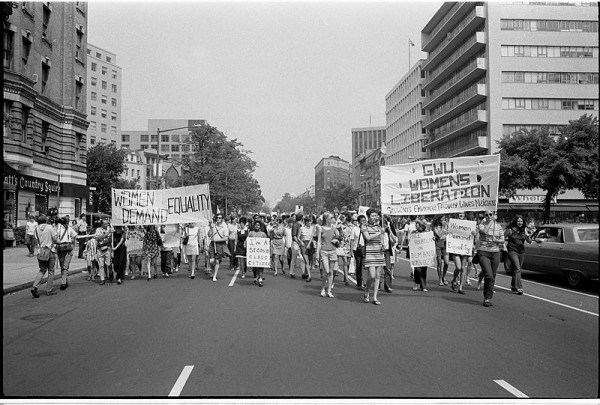
Which writer would you point young women curious about feminism in the direction of?
I’ve spoken to a lot of women recently who had never really encountered feminism, who have absolutely loved Caitlin Moran’s How to be a Woman, and found it a brilliant introduction to all sorts of ideas. I also think it’s worth checking out Jessica Valenti’s books; Female Chauvinist Pigs by Ariel Levy; and Living Dolls by Natasha Walter. And one of the reasons I had for putting Women of the Revolution together in the first place was to create a book full of serious ideas, and excellent writers, so that people could discover them and decide who they wanted to read more widely. So many women who have inspired me are in there: Susan Brownmiller, Nawal El Saadawi, bell hooks, Gloria Steinem, Joan Smith, to name just a few.
What are you working on next?
I have about 1500 ideas for feminist articles, so I’m just working my way through those – also, plans for another feminist book, and a couple of novels, so it’s a question, as ever, of working out what there’s time for, and then seeing what sticks!
KIRA COCHRANE is the editor of Women of the Revolution (Guardian Books, £9.99) out today. She is a features writer for the Guardian and co-edited the anthology of women’s journalism, Cupcakes and Kalashnikovs. @KiraCochrane
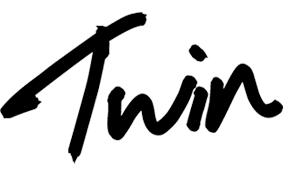
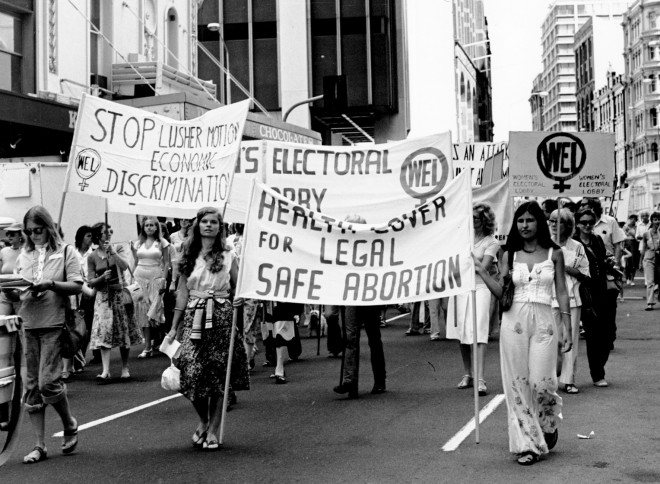
 PREVIOUS
PREVIOUS
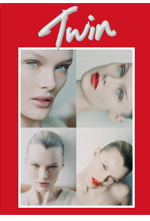
 Twitter
Twitter
 Tumblr
Tumblr
 YouTube
YouTube
 Facebook
Facebook
 Instagram
Instagram
